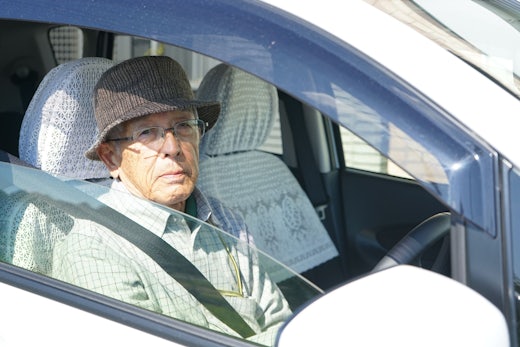Too much food, too little balance
Many Australians are eating too much of some foods and not enough of others, according to a report released yesterday by the Australian Institute of Health and Welfare (AIHW). In 1994, the AIHW published its first comprehensive report on Australia’s food and nutrition. Australia’s Food & Nutrition 2012 is the much-anticipated revised edition
Many Australians are eating too much of some foods and not enough of others, according to a report released yesterday by the Australian Institute of Health and Welfare (AIHW).
In 1994, the AIHW published its first comprehensive report on Australia’s food and nutrition. Australia’s Food & Nutrition 2012 is the much-anticipated revised edition, and was launched yesterday by Parliamentary Secretary for Health and Ageing, Catherine King, at the 2012 World Congress of the International Federation for Home Economics in Melbourne.
The report highlights the key parts of the food and nutrition system from ‘paddock to plate’ and how food choices affect health and the environment.
“The report shows many Australians are not striking a balance between foods high in fat and sugar and more nutritious choices,” AIHW spokesperson, Lisa McGlynn, said.
On average, extra foods, including sweet biscuits, cakes and pastries, contributed to 36% of energy intake for older adults and 41% for children, which is more than the recommended 0 to 3 serves of ‘extras’ per day (depending on age and stage).
In addition, the majority of adults and children had higher energy intakes from total sugars and saturated fat than recommended – that is, a maximum of 20% from sugars and 10% from saturated and trans fats combined.
The report also revealed 25% of men and 10% of women aged 65 years and over do not eat enough protein foods.
Poor dietary intake increases the risk of developing chronic diseases (such as heart disease, diabetes and some cancers) which contribute to the total burden of disease in Australia, AIHW claimed.
One estimate suggests poor diet costs the nation $5 billion each year; this includes direct costs, such as hospitals, GP services and medicines, and indirect costs, such as sick leave and forgone earnings due to premature death.
However, Ms McGlynn said there were some factors discouraging Australians from eating well and maintaining a healthy body weight.
“The cost of healthy food is increasing at a faster rate than the cost of less healthy food, particularly in remote areas, where a healthy basket of food can cost up to 30% more than in capital cities. This may influence some people to buy less healthy foods due to limited choice and high cost,” she said.
A companion report, Australia’s Food & Nutrition: in brief, is also available.






















Comments